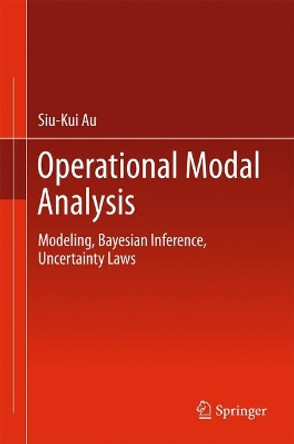Michael G. Titelbaum presents a new Bayesian framework for modeling rational degrees of belief, called the Certainty-Loss Framework. Subjective Bayesianism is epistemologists' standard theory of how individuals should change their degrees of belief over time. But despite the theory's power, it is widely recognized to fail for situations agents face every day--cases in which agents forget information, or in which they assign degrees of belief to self-locating claims. Quitting Certainties argues that these failures stem from a common source: the inability of Conditionalization (Bayesianism's traditional updating rule) to model claims' going from certainty at an earlier time to less-than-certainty later on. It then presents a new Bayesian updating framework that accurately represents rational requirements on agents who undergo certainty loss. Titelbaum develops this new framework from the ground up, assuming little technical background on the part of his reader. He interprets Bayesian theories as formal models of rational requirements, leading him to discuss both the elements that go into a formal model and the general principles that link formal systems to norms. By reinterpreting Bayesian methodology and altering the theory's updating rules, Titelbaum is able to respond to a host of challenges to Bayesianism both old and new. These responses lead in turn to deeper questions about commitment, consistency, and the nature of information. Quitting Certainties presents the first systematic, comprehensive Bayesian framework unifying the treatment of memory loss and context-sensitivity. It develops this framework, motivates it, compares it to alternatives, then applies it to cases in epistemology, decision theory, the theory of identity, and the philosophy of quantum mechanics.
About the AuthorMichael G. Titelbaum grew up in the San Francisco Bay Area. He completed a BA in philosophy at Harvard College, a PhD in philosophy at the University of California, Berkeley, and a postdoc at the Australian National University. He is an Assistant Professor of philosophy at the University of Wisconsin-Madison.
ReviewsFascinating, assured
I would strongly recommend this book to anyone with an interest in formal epistemology both for the innovative views that it contains and for the exemplary way in which Titelbaum goes about setting them out and defending them. * Martin Smith, Notre Dame Philosophical Reviews *
AwardsWinner of Honourable Mention at the 2015 APA Book Awards Awarded the 2014 Gustave O. Arlt Award, given annually to a young scholar-teacher who has written a book deemed to have made an outstanding contribution to scholarship in the humanities.
Book InformationISBN 9780199658305
Author Michael G. TitelbaumFormat Hardback
Page Count 362
Imprint Oxford University PressPublisher Oxford University Press
Weight(grams) 694g
Dimensions(mm) 240mm * 162mm * 25mm










